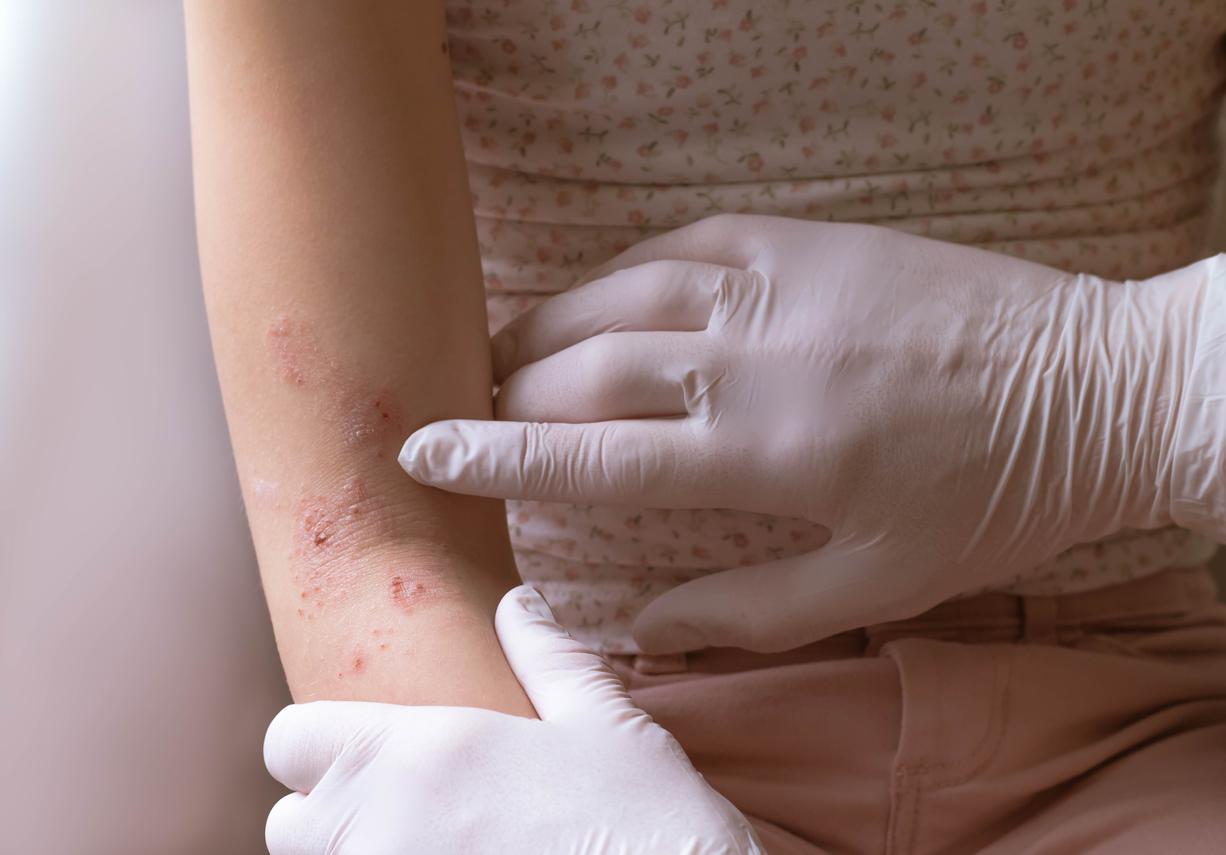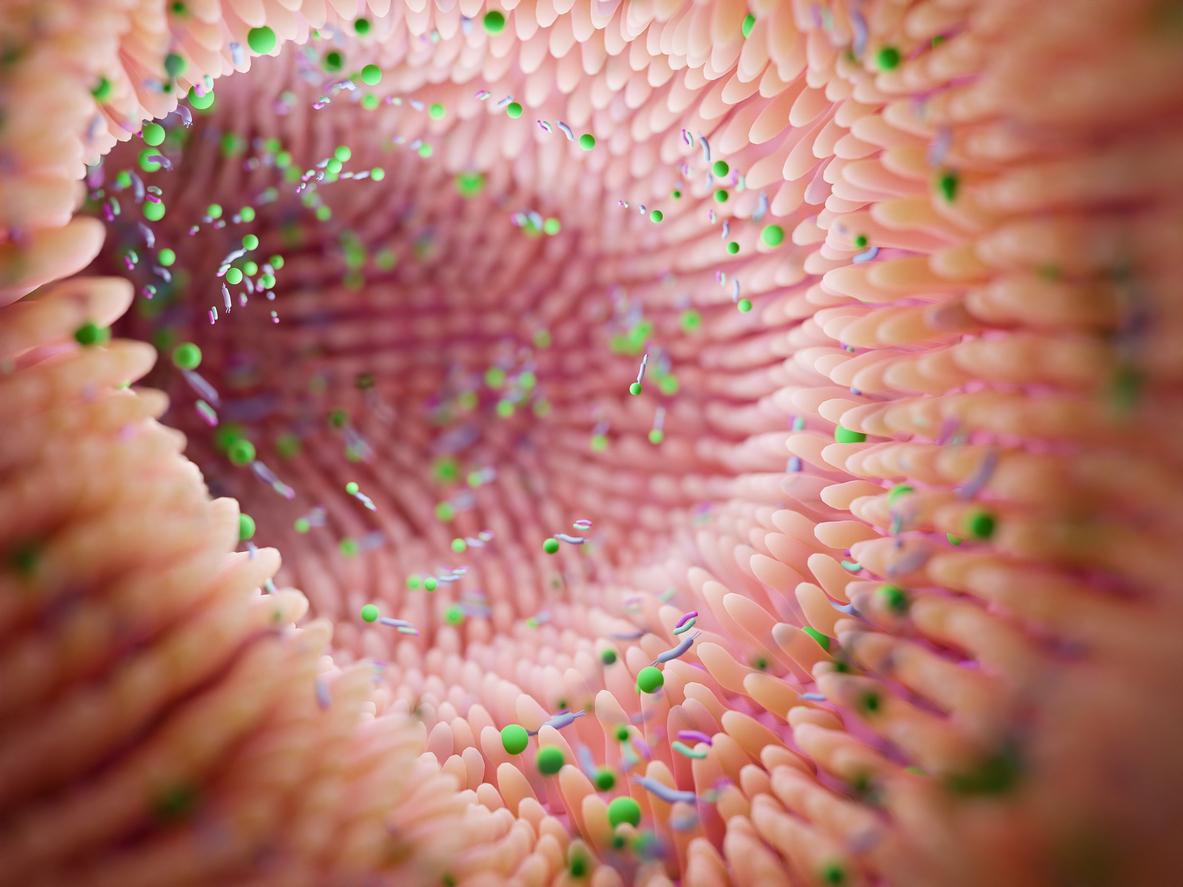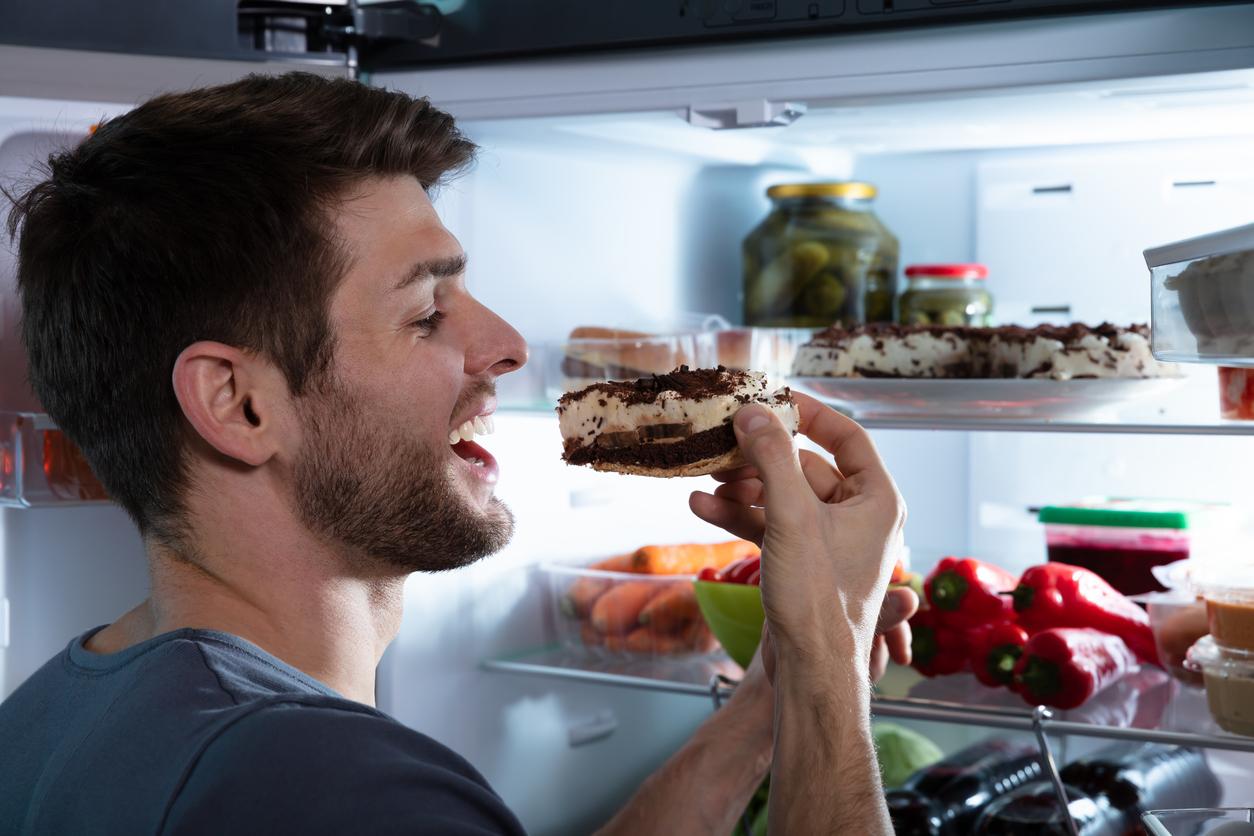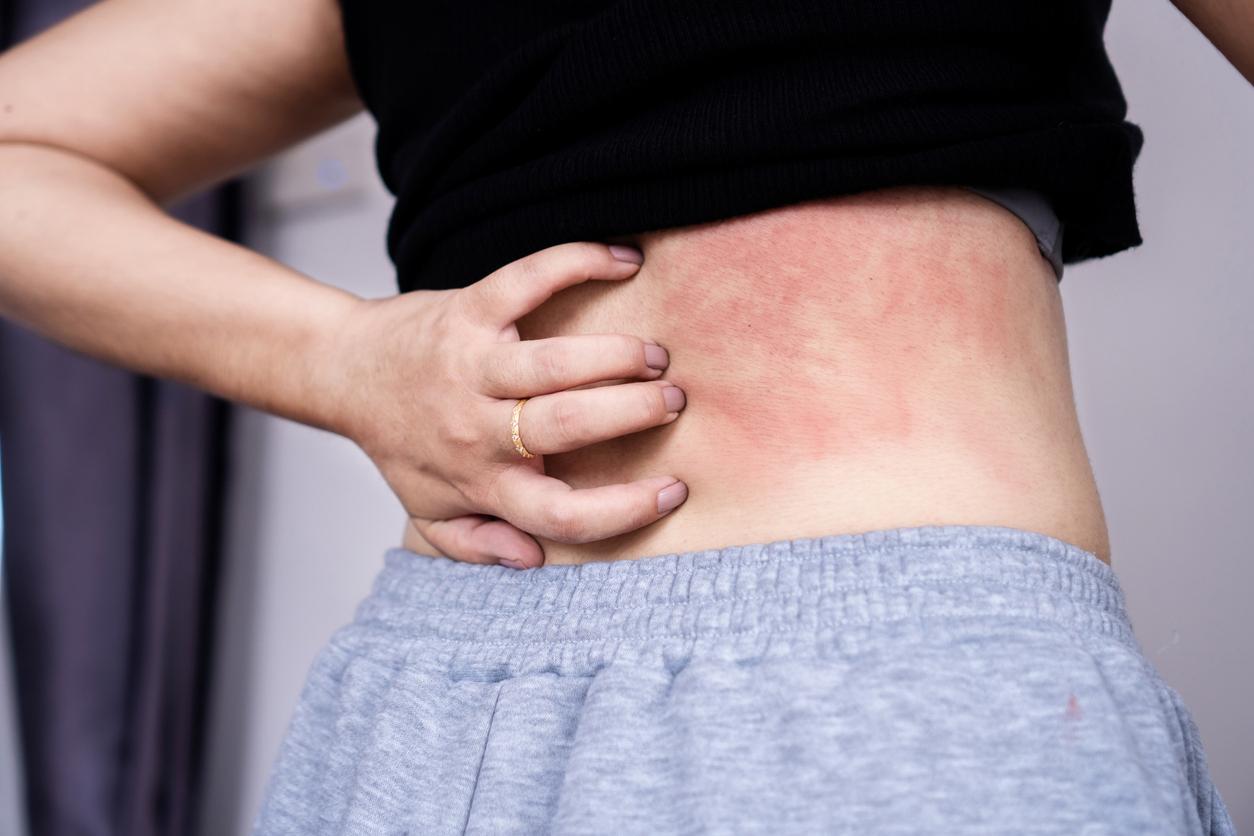Children of anxious parents are 5 times more at risk of developing anxiety compared to others.
-1587138262.jpg)
Just like other emotions, anxiety can arise at some point in a child’s life, especially during times of confinement. When parents tend to be anxious themselves, a vicious cycle begins that only worsens family anxiety.
How is anxiety transmitted to children?
An anxious parent himself will tend to transmit the idea that the world is dangerous by encouraging his child to be more careful and reinforce avoidance behaviors. This overprotection induces in him the idea that he is not capable of coping with certain situations and encourages him to copy the behavior of the parents, in particular their reaction in the event of stress: cry at the sight of a spider , loss of appetite in the event of a family problem, withdrawal…
How to help the child to better manage his stress?
When the parent is ready to work on himself to better manage his stress, it is also possible to transmit this learning to his child and thus avoid the development of an anxiety disorder in the long term. Some simple techniques can help you:
- Know how to recognize the symptoms of anxiety when they appear and above all reassure the child by explaining to him that it is not pleasant but that it is a normal and harmless emotion.
- Practicing together breathing and relaxation techniques that help reduce the bodily reactions of anxiety.
- Help her to accept her anxious thoughts rather than fight against them, replacing them with more realistic and supportive thoughts that allow her to take another point of view.
- Set up an anxiety thermometer from 0 to 10 that allows him to assess his level of stress by assigning to each note what he can do to help bring down “his temperature”.
Finally, do not hesitate to reward him when he makes courageous efforts to reduce his anxiety on a daily basis.
Source: Beidel, DC and Turner, SM (1997). At risk for anxiety: I. Psychopathology in the offspring of anxious parents. Journal of the American Academy of Child & Adolescent Psychiatry, 36, 918-924.
.

















